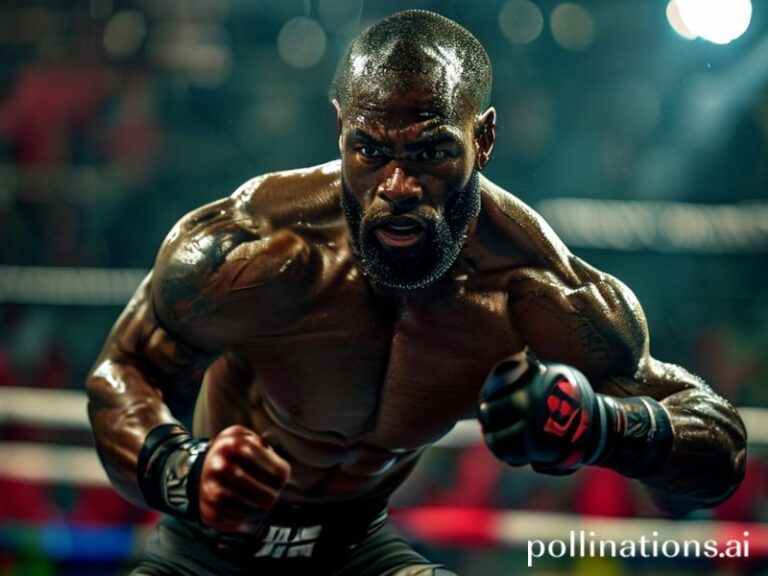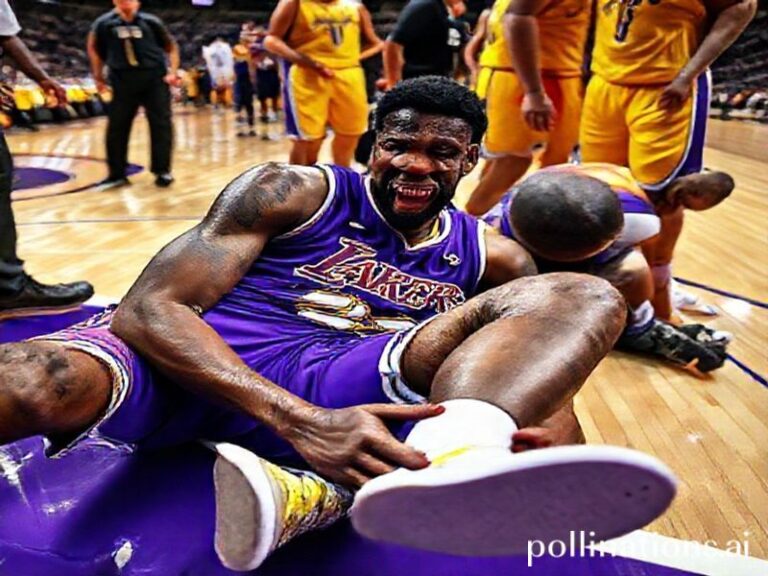Russell Dickerson: The Soft-Power Cowboy Quietly Winning the Global Mood War
Somewhere between a Spotify chill-pop playlist and the geopolitical fault lines of soft power, Russell Dickerson has become an unlikely export—Tennessee by way of TikTok, heartbreak by way of algorithm. To the average listener in Jakarta or Johannesburg, he is simply the guy who scored a wedding-song monopoly with “Yours.” To the rest of us—those of us who read trade balance spreadsheets for fun—Dickerson is a walking, guitar-strumming reminder that the American South still outsells crude oil when it comes to serotonin.
Let us be clear: Dickerson will not be parachuted into a G7 summit to negotiate grain corridors. He does, however, represent a subtler form of diplomacy. When 43 million streams in India translate into festival bookings in Mumbai, we are watching cultural gravity at work—gravity that seldom registers on the Richter scale of hard news but still nudges the tectonic plates of global taste. The State Department can’t quantify the drip of banjo in a K-pop saturated market, yet somewhere a teenager in Busan is learning the English phrase “blue jean baby” because it sounded good over AirPods. Call it soft-power lite, or call it the revenge of Nashville on a planet that once thought it had outgrown twang. Either way, the ledger shows a surplus.
Of course, nothing about Dickerson’s rise is accidental. The man weaponizes relatability the way McKinsey weaponizes PowerPoint. A cursory glance at his socials reveals the playbook: newborn son in pastel onesie (aww), wife on beach at golden hour (double aww), acoustic guitar slung like an assault rifle against the tyranny of silence. It’s so curated it hurts—yet the global audience keeps clicking the heart icon, apparently reassured that somewhere in the American ether, people still smile without irony. In an era when cynicism is the default browser setting, Dickerson’s brand of earnestness feels almost subversive. Imagine that: sincerity as contraband.
Meanwhile, the economics are deliciously absurd. Ticket prices for his upcoming European run—€47 in Berlin, €42 in Madrid—hover suspiciously close to the cost of filling a Fiat Panda with petrol. The implication is obvious: for roughly the price of a week’s commute, you too can forget that the North Sea is boiling. No wonder the EU gig calendar is stuffed tighter than a Ryanair overhead bin; escapism, it turns out, is recession-proof. The same cannot be said for German natural gas, but hey, priorities.
Critics will argue that Dickerson’s music is the sonic equivalent of oat milk: inoffensive, vaguely sweet, engineered for mass consumption. They are not wrong. Yet the very blandness is the point. In Lagos traffic, his mid-tempo anthems drown out generator hum. In São Paulo, they soundtrack Uber rides through monsoon floods. The songs offer a three-minute visa to an America that exists mostly in montage—sun-drenched porches, tailgates, the mythic promise that love, like credit, can be endlessly refinanced. If that feels like a con, consider the alternative: doom-scrolling through grainy footage of yet another parliamentary brawl. Suddenly, the con looks like mercy.
Which brings us to the paradox at the heart of the Dickerson phenomenon. While governments erect tariffs and firewalls, a lanky Tennessean with a four-chord loop quietly slips across borders without a customs form. His payload isn’t ideology; it’s mood. And moods, unlike microchips, cannot be sanctioned. In a world busy weaponizing everything from fertilizer to memes, there is something almost quaint—naive, even—about a transaction that ends with a chorus instead of a drone strike.
So here’s to Russell Dickerson, accidental ambassador of the post-ironic age. He may never win a Nobel, but he’s already achieved something rarer: getting sworn enemies—Swifties, metalheads, and that one uncle who still says “globalism is a hoax”—to nod along to the same refrain. If that isn’t a diplomatic breakthrough, I don’t know what is. Pass the oat milk.







